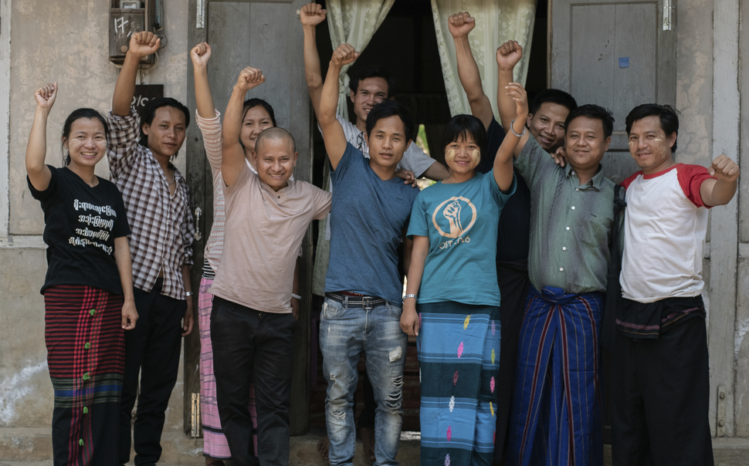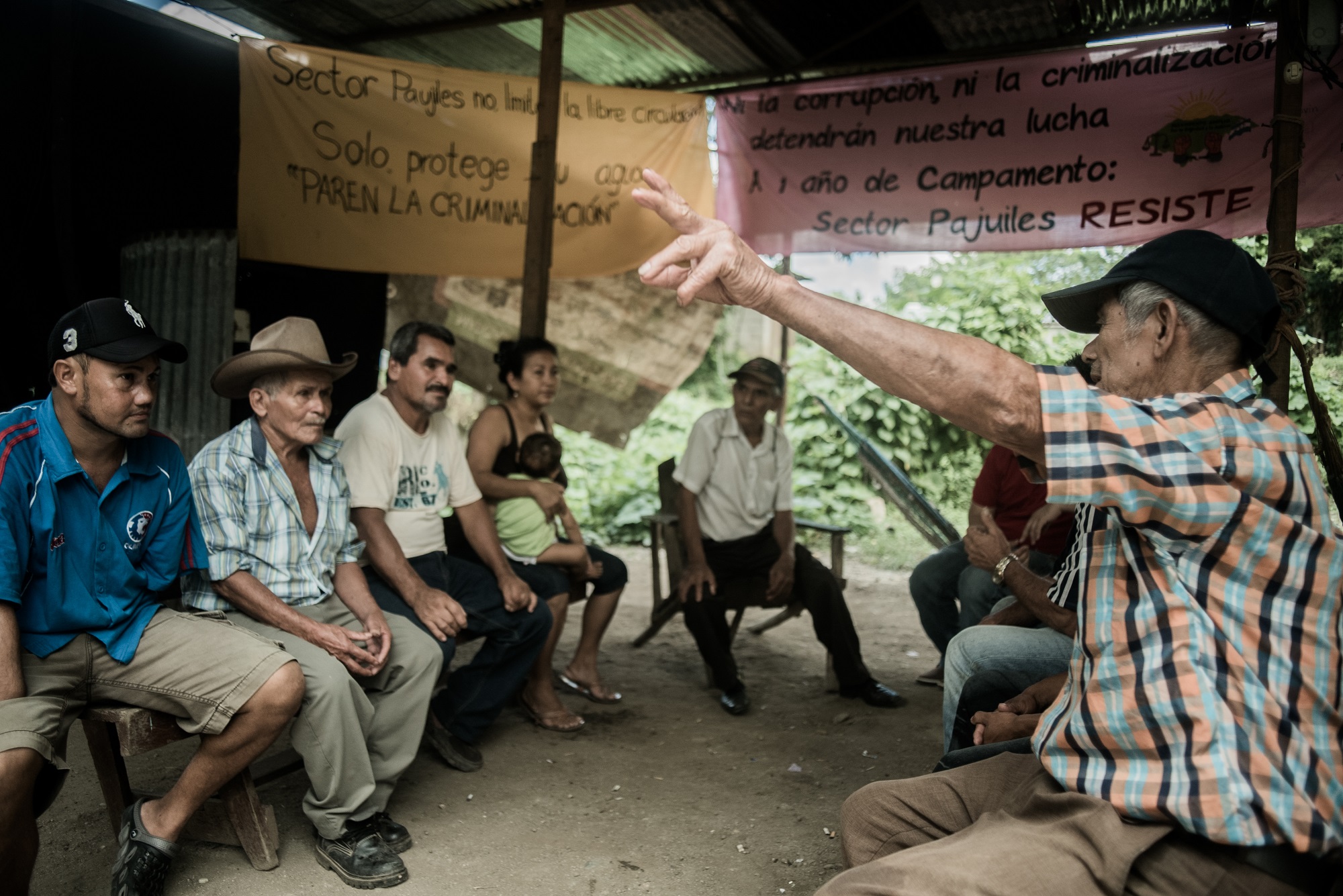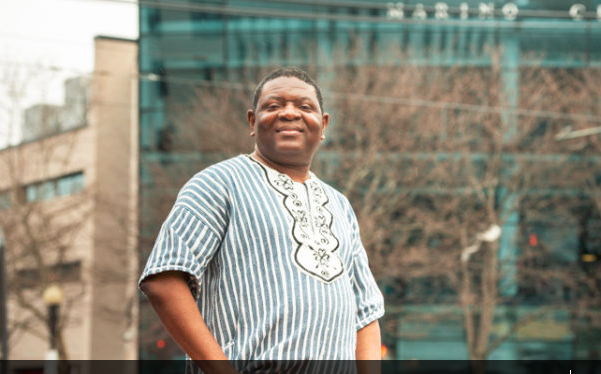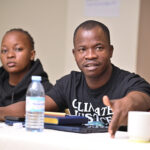This article was published more than 5 years ago.
As we work to flatten the curve of the COVID-19 pandemic, our world must also act to do the same for climate change. Both crises offer vital lessons for how human actions can be both culprit and cure.
While the novel coronavirus’s origins remain a mystery, scientists know it originated in animals. Such “zoonotic” infections are on the rise. Our unsustainable over-extraction of Earth’s resources has encroached on natural habitats, putting more animals and people in direct contact, while our interconnected way of life accelerates the spread of disease.
These human factors are also contributing to the rate of climate change. But a commitment to systemic change, akin to efforts to prevent a future pandemic, can still slow global warming—and it begins with listening to and learning from communities living on climate change’s front lines.
Local groups, such as those supported by the Fund, have put forth solutions and alternative systems rooted in respect for our planet and those who inhabit it. They are the first to sound the alarm when environmental abuse occurs, and their work protects natural resources while promoting the economic sustainability and health of local people.
The Fund proudly empowers this vital work: Since 2003, we’ve invested more than $25 million in community activists leading environmental justice and land and resource rights efforts. Meet three organizations we support that are part of this grassroots approach to climate justice.

Kayah Earthrights Action Network (KEAN) is based in Myanmar. With the Fund’s support, KEAN works with community leaders and youth to prevent government and corporate land grabs that threaten rural and indigenous communities’ cultures, livelihoods, and the environment. (Indigenous peoples play a critical role in reducing climate change: While they compose just 5 percent of the world’s population, they reside on land containing 80 percent of Earth’s biodiversity, according to the World Bank.)
Among the group’s successes is in the Seven Steps Lakes region, where villagers have farmed and raised livestock using sustainable methods for generations. In 2017, they learned about plans for large-scale investment, including a hotel development that would destroy their way of life and threaten the natural resources that define the area. Additionally, they discovered that while the hotel would require use of their land, profits would not be shared with the community. KEAN helped the villagers form a land advisory committee with other nearby communities; their collective efforts have prevented the investment project from moving forward.

The courageous activists who stand up for our planet are among those most likely to face violent retaliation. More than 120 indigenous peoples and environmental defenders worldwide were killed for their activism in 2019, an average of two per week. Their murders, coupled with other intimidation tactics, could actually worsen climate change by weakening frontline efforts. But thankfully, groups like the Fund-backed Movimiento Amplio por la Dignidad y la Justicia (MADJ / Broad Movement for Dignity and Justice) won’t back down. This Honduran group documents attacks against land and resource rights activists and provides legal aid for those being criminalized for their work.
In 2018, after three years of investigations and legal action, MADJ secured a victory when a man was sentenced 45 years in prison for the murder of three Tolupán leaders, who were killed for defending their lands against illegal loggers. While the victory does not fully address the country’s culture of corruption, such prosecutions are rare in Honduras. MADJ’s current cases include supporting a community protesting a hydroelectric dam that is polluting their water. In addition to flexible grants, the Fund has helped MADJ increase their personal and digital security in the face of increased harassment and threats, helping keep the lives and work of these invaluable environmental defenders safe.

Liberia’s only nonprofit environmental law organization, Green Advocates is the primary resource for indigenous and other communities in Liberia who face corporate land grabs.
Green Advocates was founded when, following years of civil war, Liberia’s government began rewarding development contracts to multinational corporations without consulting local communities or considering the environmental impact. The Fund provided Green Advocates with its first grant.
Its victories include a successful multi-year campaign pressuring a palm oil company to respect local land rights, as well as preventing the clearing of 513,500 acres of rainforest for agribusiness. These wins have come with an enormous price: Green Advocates staff have faced harassment and the freezing of their assets, and its founder Alfred Brownell now lives in exile due to threats against him and his family. The Fund has continued to support the organization, ensuring staff could access funds for basic needs as well as increased security. In 2019, Brownell was named a recipient of the Goldman Environmental Award.
Learn more about the Fund’s work with frontline, indigenous peoples–led groups and their allies.


